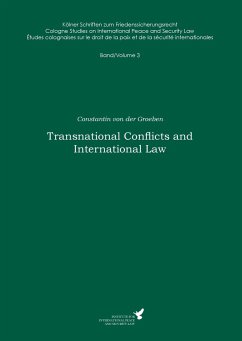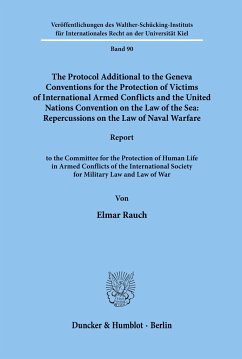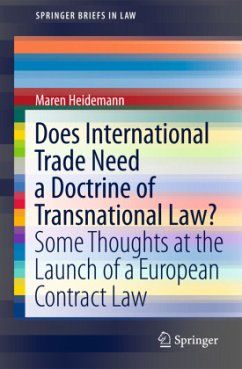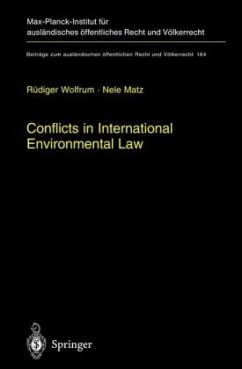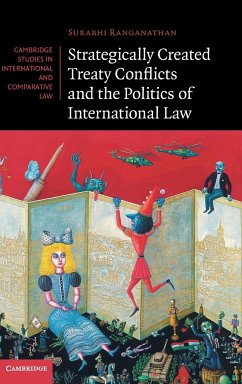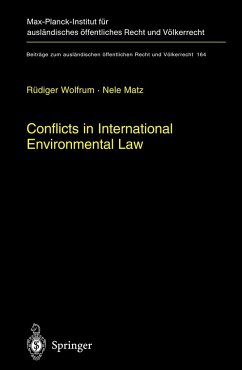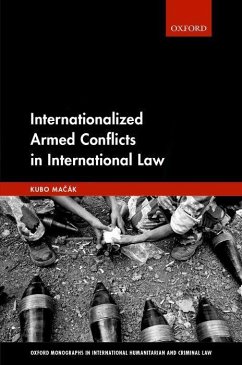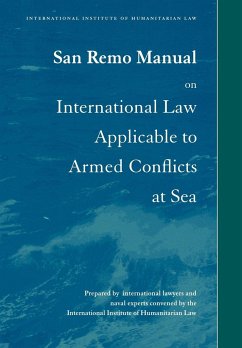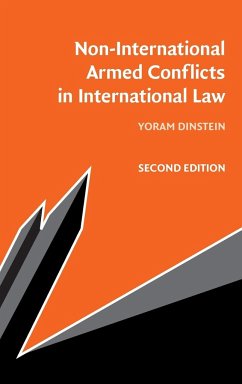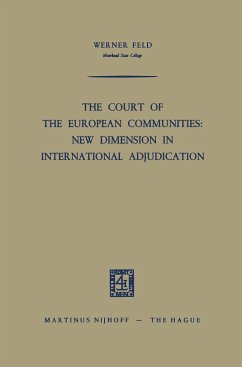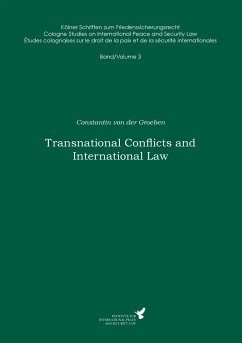
Transnational Conflicts and International Law
Versandkostenfrei!
Versandfertig in 1-2 Wochen
11,90 €
inkl. MwSt.
Weitere Ausgaben:

PAYBACK Punkte
0 °P sammeln!
Ever since 9/11 the legal classification of transnational conflicts between states and non-state armed groups, such as Al Qaeda, has become a highly debated topic. While repeatedly referred to as the War on Terror, the legal qualification of the conflict between the US and Al Qaeda remains controversial: US military operations in Afghanistan against Al Qaeda and the use of drones against alleged terrorists in Pakistan, Yemen and other states pose the question as to whether this conflict truly qualifies as one single global war. Similarly, transnational conflicts such as the Colombian operation...
Ever since 9/11 the legal classification of transnational conflicts between states and non-state armed groups, such as Al Qaeda, has become a highly debated topic. While repeatedly referred to as the War on Terror, the legal qualification of the conflict between the US and Al Qaeda remains controversial: US military operations in Afghanistan against Al Qaeda and the use of drones against alleged terrorists in Pakistan, Yemen and other states pose the question as to whether this conflict truly qualifies as one single global war. Similarly, transnational conflicts such as the Colombian operation against a FARC base in Ecuador, Israel's fight against Hezbollah in Lebanon, and Turkish operations against the PKK in northern Iraq pose difficulties as they transcend individual nations political systems and geographical borders. Whether the law of war (i.e. humanitarian law) is applicable to such conflicts and to what extent human rights law binds the states involved is debated.This work aims to provide structure to the current debate and analyzes the applicability of both humanitarian law and human rights law. Furthermore, it examines and explores approaches to enhance and develop the existing legal framework, including proposed new legal regimes for transnational conflicts. The author argues against the strict separation of international humanitarian law and human rights law and instead borrows from Colombian authorities' experience in their struggle with the FARC to develop an alternate solution, combining both legal regimes in an integrated approach.





